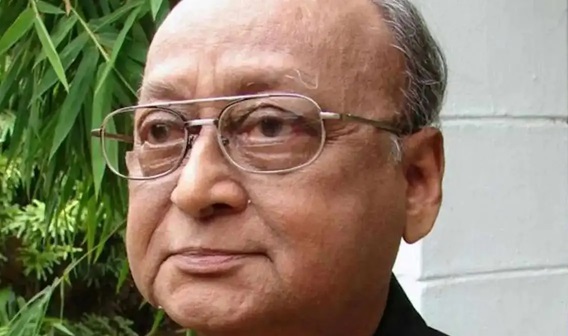Jayanta Mahapatra (1928–2023) was a pioneering Indian English poet, renowned for his evocative imagery, meditative tone, and profound engagement with Indian ethos. Born in Cuttack, Odisha, Mahapatra began his career as a physicist, but his enduring legacy lies in literature, especially poetry. He was one of the first Indian poets writing in English to gain international recognition and was the first Indian English poet to receive the Sahitya Akademi Award (1981) for his collection Relationship.
His poetry reflects a deep awareness of Indian history, mythology, and landscape, particularly that of Odisha. Mahapatra’s work often explores the tensions between tradition and modernity, spirituality and doubt, and personal and collective identity. Themes such as hunger, poverty, sexuality, and social injustice frequently recur in his writing, shaped by his acute observation and sensitivity.
Notable collections like A Rain of Rites, Bare Face, and The False Start display his mastery over free verse and his introspective style. Unlike some of his contemporaries, Mahapatra’s poetry is less flamboyant and more inward-looking, rooted in silence and subtlety. His language is lyrical yet restrained, often conveying profound emotion through minimalism.
In addition to English, he also wrote prolifically in Odia, contributing richly to Indian literature in both languages. He was awarded the Padma Shri in 2009, which he later returned in protest against growing intolerance in the country.
Jayanta Mahapatra’s legacy lies in his ability to universalize the regional and personalize the national, establishing him as a key voice in Indian English poetry.


